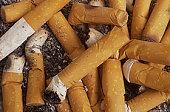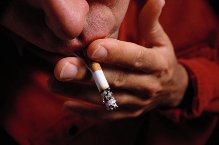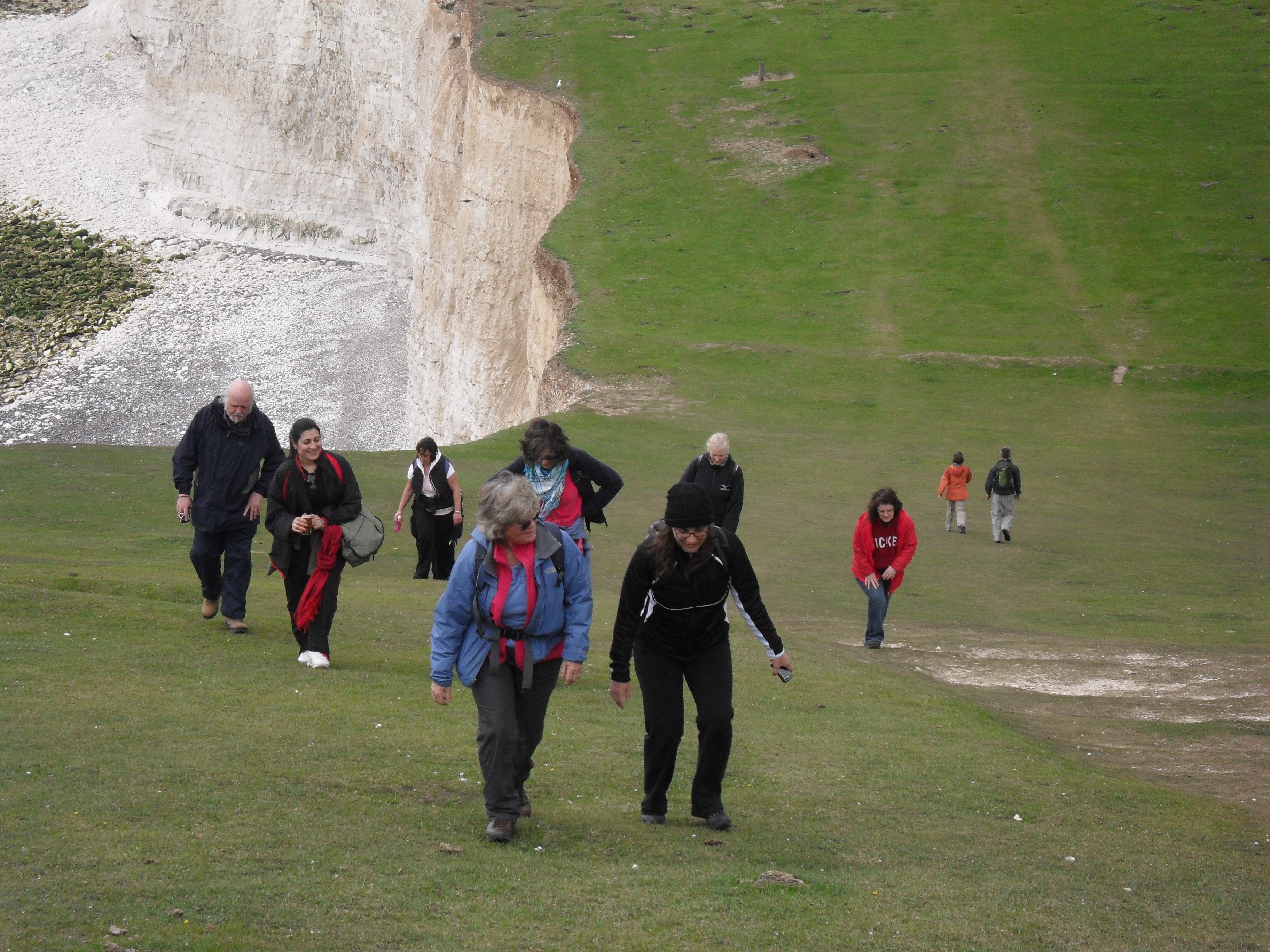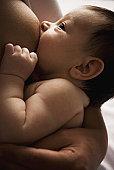The World Health Organisation has come up with 12 ‘rules’. Are you ready?
1. Do Not Smoke/Do Not Use Tobacco
It’s estimated that tobacco use causes 6 million deaths and more than half a trillion dollars of economic damage every year. The World Health Organization wants people to stop smoking and cease using all tobacco products. But not just that…

2. Don’t Accept Passive Smoking, Either
While not given as much press, passive smoking can be very harmful and as well as causing cancer, research has shown a possible link with onset of conditions like dementia. The Code calls on people to support not just making a personal choice not to be around those who smoke, but to actively campaign for smoke free workplaces, public amenities and spaces.

3. Keep a Healthy Bodyweight
There is strong evidence to show that a higher BMI correlates with an increased cancer risk (WHO suggests about 18 percent higher, some studies for individual cancers put the rate even higher than that). Now BMI is controversial because it doesn’t necessarily tell us how healthy a person is, but as a general rule of thumb, keeping a BMI within what is considered the healthy range, a body mass index between 18.5 and 24.9 kg/m2, is recommended.
4. Be Active and Try Not to Sit for Too Long
We’ve all seen the studies that reinforce that sitting and being inactive for too long ties in with a broad range of health problems, and cancer risk is no different. On the other side of the coin, regular exercise as well as a generally active and healthy lifestyle can help people live longer and stave off cancers even if they have a family history.

5. Eat Right
In addition to daily exercise, WHO recommends a diet rich in whole grains, legumes, vegetables and fruits. That’s not to say that the odd high-calorie food is completely off the table as a treat, but obviously avoiding fatty nutrient-deficient and sugary foods will be beneficial. WHO also recommends limiting processed meat intake, as well as limiting red meat and all foods with a high salt content.

6. Drink Alcohol in Moderation
High alcohol intake has been linked to stomach and liver cancers in particular. WHO recommends drinking alcohol infrequently and staying within the daily recommended guidelines.
7. Limit Sun Exposure and Never Use Sun Beds
This is fairly self-explanatory as we all know the dangers of not using sunscreen, but if you’d like to find out more on SPF and what offers the best protection, we have a handy post for you here.
8. Ensure You Are Safe at Work
The Code stresses the importance of following health and safety instructions in the workplace, and ensuring that if you are tasked with handling potentially hazardous materials, you are properly protected. WHO also notes that cancer risk can be cut by taking an active interest in improving air quality and general working conditions. You can find more advice on that here.
9. Be Aware of Radon Levels In Your Home
This one sounds a bit esoteric and won’t affect the vast majority of people, but there are places where naturally occurring radon gas can be drawn up from the ground and begin to infiltrate homes. Radon can also be found in building materials and, sometimes, in drinking water, but this is uncommon. A clue as to whether you might be at risk of radon exposure is whether you live in an area that is abundant in naturally occurring uranium. High concentrations of radon exposure have been linked with an increase in lung cancer, so if you think you might be at risk, it is worth just checking. You can find out more about radon exposure and how to check your home for above normal radon levels here.
10. If You Can, Breastfeed
Breastfeeding doesn’t just help cement the bond between mother and child: there is some evidence to suggest that, as well as the possible health benefits for the baby, breastfeeding reduces a mother’s risk of later developing certain cancers by about 4 per cent per year of breastfeeding.

11. Vaccinate Your Children
There are a number of communicable diseases, for instance HPV, that have been linked to an increased likelihood of developing a number of cancers, including bowel, breast and cervical cancers. Getting a child vaccinated is a responsible and, in the vast majority of cases, absolutely safe way of guarding their health.
12. Schedule and Attend Health Screenings
There are a number of programs designed to ensure early detection of cancers, for instance:
•Bowel cancer (men and women)
•Breast cancer (women)
•Cervical cancer (women)
Even if those screenings do show up evidence of cancers, early treatment can dramatically improve prognosis and will save lives, so there’s even more reason to take this one on board.
Read more: http://www.care2.com/causes/how-to-not-get-cancer-latest-12-point-guide-from-who.html#ixzz3GYxhOZrd
ED: As regular readers will know, several of these would not be our recommendations (Sunshine? Vaccines?Mammograms?), and they seem to have missed a good few proven causes out.